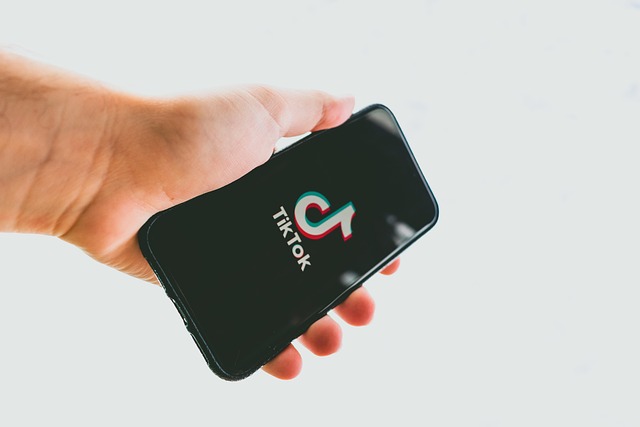In today’s hyper-connected world, social media has become a primary avenue for building and maintaining relationships. Whether it’s catching up with old friends or following new acquaintances, the way we interact online can significantly impact the quality of our relationships. One of the critical components that can influence these interactions is emotional intelligence, often abbreviated as EQ. Understanding emotional intelligence’s role in our social media connections can lead to deeper and more meaningful relationships.
Emotional intelligence involves recognizing, understanding, and managing our own emotions while also being aware of the emotions of others. In the realm of social media, where messages can often be misinterpreted, having a high EQ enables individuals to navigate this complex landscape more effectively. For instance, when someone posts about a life event, those with strong emotional intelligence can discern the underlying feelings, allowing them to respond with empathy and support. This kind of responsiveness fosters trust and connection, turning a simple comment into a cherished moment of bonding.
Social media also presents unique challenges that can hinder relationship-building efforts. The potential for misunderstandings is greater in a text-based format, where tone and body language are absent. Individuals with lower emotional intelligence may struggle to perceive the emotions tied to a friend’s post or may react impulsively, leading to miscommunication and conflict. By enhancing our emotional intelligence, we can better interpret the emotional layers of online interactions, promoting a sense of community and shared understanding, even through the screen.
Furthermore, social media can sometimes create a false sense of intimacy. With constant notifications and a barrage of updates, it’s easy to mistake online interactions for genuine relationships. However, emotional intelligence can help us recognize the difference between superficial engagements and heartfelt connections. It encourages us to seek quality over quantity in our social media interactions. Investing time in meaningful conversations rather than merely liking posts can lead to stronger bonds and mutual support among our online circles.
The impact of emotional intelligence on our social media relationships extends beyond individual interactions. Groups or communities formed on social networks can also benefit from collective emotional intelligence. When a group of people is emotionally attuned to one another, they can create a positive atmosphere that promotes empathy, understanding, and support. This shared emotional awareness can lead to a sense of belonging, making members more likely to share their thoughts and experiences openly.
Moreover, as people increasingly turn to social media for social validation, cultivating emotional intelligence becomes even more crucial. When we engage thoughtfully, expressing genuine concern and care, we contribute to a culture of respect and kindness. In a landscape often marred by negativity and conflict, our commitment to fostering emotionally intelligent relationships can serve as a beacon of hope and connection.
Ultimately, integrating emotional intelligence into our social media interactions not only enhances our personal connections but also enriches our overall experience on these platforms. By striving to understand ourselves and others, we create a more supportive, understanding environment that reflects the true essence of relationships. As we continue to navigate the digital age, let us prioritize emotional intelligence as a vital tool for nurturing the bonds that sustain us.




